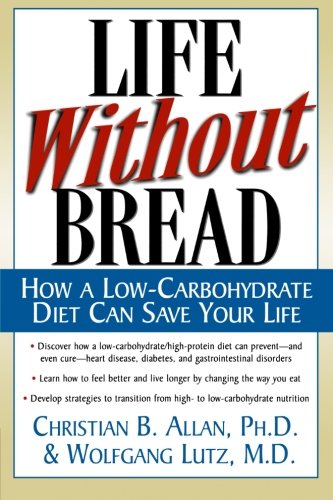A team of scientists has begun exploring what can be learned from the diet of cavemen who lived more than two million years ago.
 Life Without Bread: Ho...
Best Price: $1.68
Buy New $6.58
(as of 10:46 UTC - Details)
Life Without Bread: Ho...
Best Price: $1.68
Buy New $6.58
(as of 10:46 UTC - Details)
Research will focus on how the food eaten by hunter-gatherers could enhance modern day nutrition.
Our ancestors in the palaeolithic period, which covers 2.5 million years ago to 12,000 years ago, are thought to have had a diet based on vegetables, fruit, nuts, roots and meat.
Cereals, potatoes, bread and milk did not feature at all. It was only with the dawn of agriculture (around 10,000 years ago) that our diets evolved to include what we think of as staple foods now.
So are we programmed to eat what we do today – or are we better suited to the diet of our ancestors?
Global brand giant Unilever has brought scientists and experts from fields as diverse as evolutionary genetics, anthropology, food science and botany together to find out the answer.
Plant diversity
Dr Mark Berry, who is in charge of the research at Unilever, says the aim is to create a healthier diet for people today, drawing inspiration from that period.
 The Paleo Solution: Th...
Best Price: $0.25
Buy New $15.89
(as of 12:40 UTC - Details)
The Paleo Solution: Th...
Best Price: $0.25
Buy New $15.89
(as of 12:40 UTC - Details)
"The main hallmark of the palaeolithic diet was a huge diversity of plants. Nowadays we try our best to eat five portions of fruit and veg a day. They ate 20 to 25 plant-based foods a day," said Dr Berry.
So contrary to common belief, palaeolithic man was not a raging carnivore. He was an omnivore who loved his greens.
He would have gathered seeds to eat, used plants and herbs for flavouring and preserving fish and meat, and collected wild berries.
Their need for other essential nutrients would have been found in fish while pulses provided additional proteins.
In contrast to the cereal crops we rely on now for the basis of our food, the pre-farming diet contained fewer carbohydrates, less fat and more vegetables. So was it a healthier diet?
"It seems so," said Mark Thomas, professor of evolutionary genetics at University College London. "Palaeolithic man may have died earlier than we do now, but he didn’t die of bad nutrition."
September 20, 2010





